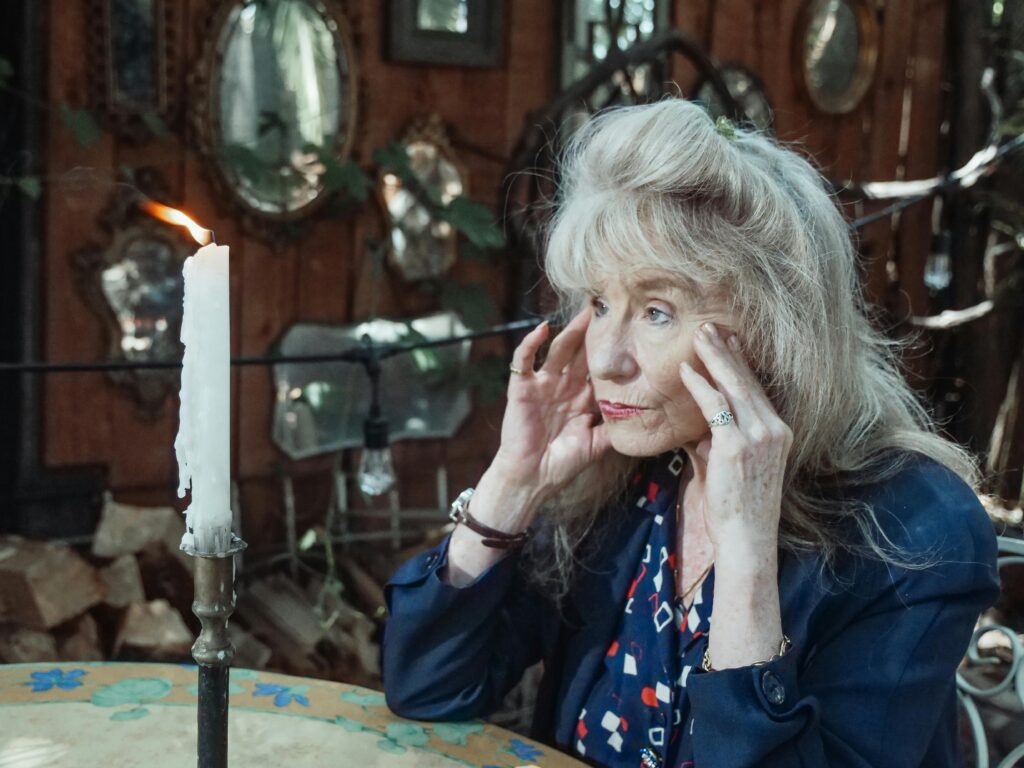With a rise in people choosing to remain single, there is some interesting research being done to explore the whys, whens, and hows of this lifestyle choice — and the answer is, feelings are more mixed than you might expect. While remaining single can certainly simplify many things, it’s not actually a “yay, freedom!” or “boo, loneliness!” situation. It’s as complicated as most relationships.
A new study out of Simon Fraser University just confirmed what many of us single folks have been quietly thinking: being single is messy, contradictory, and way more nuanced than society wants to admit. The researchers interviewed 11 single adults (ranging from 18 to 56 years old) and discovered that most of us are basically walking around with a constant internal debate about our relationship status.
The “Right Time” Pressure Is Real (And Exhausting)
Here’s what really got me — the study found that we single people are constantly navigating this invisible timeline of when it’s “acceptable” to be single. When you’re young and single? Chef’s kiss — you’re “focusing on yourself” and “building your career.” But heaven forbid you’re still single past some mysterious expiration date (which seems to hover around 30-ish, depending on your family’s level of concern).
One participant, Theo, put it perfectly: “I would definitely not be happy if I’m single and 50. At that point you should have some kids and [be] in a healthy relationship.” Meanwhile, another participant talked about reaching a “tipping point” where they had to decide whether to keep waiting for a partner or just get the damn dog already.
Can we just acknowledge how ridiculous this is? We’re literally putting major life decisions on hold because we’ve internalized this idea that everything good requires a plus-one. Want a pet? Better wait for a partner. Want to buy a house? Probably should have someone to split the mortgage with. Want to feel like a complete human being? Well, clearly you need another human being to validate that. (Eye roll so hard I might have pulled something.)
I don’t prefer being single, but if I have no choice then I’ll be single and I’ll be happy… –
Evelyn (43, Female, Never Been in a Serious Relationship)
The Autonomy vs. Connection Dilemma
But here’s where it gets really interesting — and where I felt personally called out by this research. Every single participant (pun totally intended) talked about feeling torn between the freedom that comes with being single and the deep emotional connection they perceived as unique to romantic relationships.
One person described it as a “double-edged sword” — you get all this freedom, but then you’re lying awake at 2 AM wondering who’s going to take care of you when you have the flu. Another participant noted how their coupled friends have to “ask permission” to hang out, while they can do whatever they want, whenever they want.
The researchers point out something fascinating here: this perceived trade-off between autonomy and connection might be completely bogus. People in healthy relationships actually report high levels of autonomy, and single people aren’t necessarily lacking deep connections — they’re just getting them from friends and family instead of romantic partners.
But try telling that to your brain at 11 PM when you’re watching a Hallmark Channel romance alone.
Sometimes I’m just busy or now that I’ve been single for so long I think I’ve kinda [got] into a routine or just found my own little group.
– Nicole (32, Female, Never Married)
Society’s Helpful “Reminders” (Thanks, But No Thanks)
The third theme that emerged was how single people constantly have to navigate societal pressure to couple up. Whether from your immediate family, friends who want you to stay on the same path they’ve selected, or how you’re perceived at work.
The study found that even indirect reminders can hit hard — like being the only single person at a dinner party, or seeing engagement announcements flood your social media feed. One participant talked about feeling their single status most acutely when eating alone at a restaurant surrounded by couples.
But here’s what I found most interesting: even the happy singles in the study felt pressure to eventually partner up. Not because they were miserable, but because they’d internalized the idea that certain life goals — kids, homeownership, even pet ownership — require a romantic partner as a prerequisite.
The Plot Twist: It’s All Normal
All of these conflicted feelings? They’re completely normal. The researchers concluded that instead of there being “happy singles” and “sad singles,” most of us exist in this gray area where we’re simultaneously appreciating the benefits of single life while also wondering if we’re missing out on something.
This actually makes perfect sense when you think about it. We live in a society that’s absolutely obsessed with romantic love, so of course we’re going to have complicated feelings about not participating in that narrative.
What This Actually Means for Us Old Maids
The beauty of this research is that it gives us permission to stop trying to fit our experiences into neat little boxes. You can love your independence AND sometimes feel lonely. You can be grateful for your freedom AND occasionally wonder what it would be like to have someone to share your Netflix password with (the ultimate intimacy, let’s be honest).
The key takeaway? Maybe it’s time to stop treating singlehood like a temporary inconvenience and start recognizing it as a legitimate way of living that comes with its own unique set of benefits and challenges. Just like being in a relationship does.
And maybe — just maybe — we can stop putting our lives on hold waiting for some mythical “right person” to come along and give us permission to get that dog, buy that house, or book that solo trip to Europe.
Because here’s what I’ve learned: the only person whose permission you need to live your life is you. Even if that life looks nothing like what you thought it would — and especially if it’s way more complicated than anyone wants to admit.
This is not the first study done on the subject of singlehood, and hopefully not the last. Check out “4 Scientific Findings on Why Single Women Are (gasp!) Happy” to read the outcome of a similar study specific to single women.
What’s your take? Are you team “single and loving it” or team “it’s complicated”? (Spoiler alert: both answers are totally valid.)
Dennett, B. E., Girme, Y. U., & Fabian, S. (2025). The good, the bad, and the complex: Qualitative accounts of how people navigate singlehood benefits and challenges. Journal of Social and Personal Relationships, 0(0). Read the full study here.



